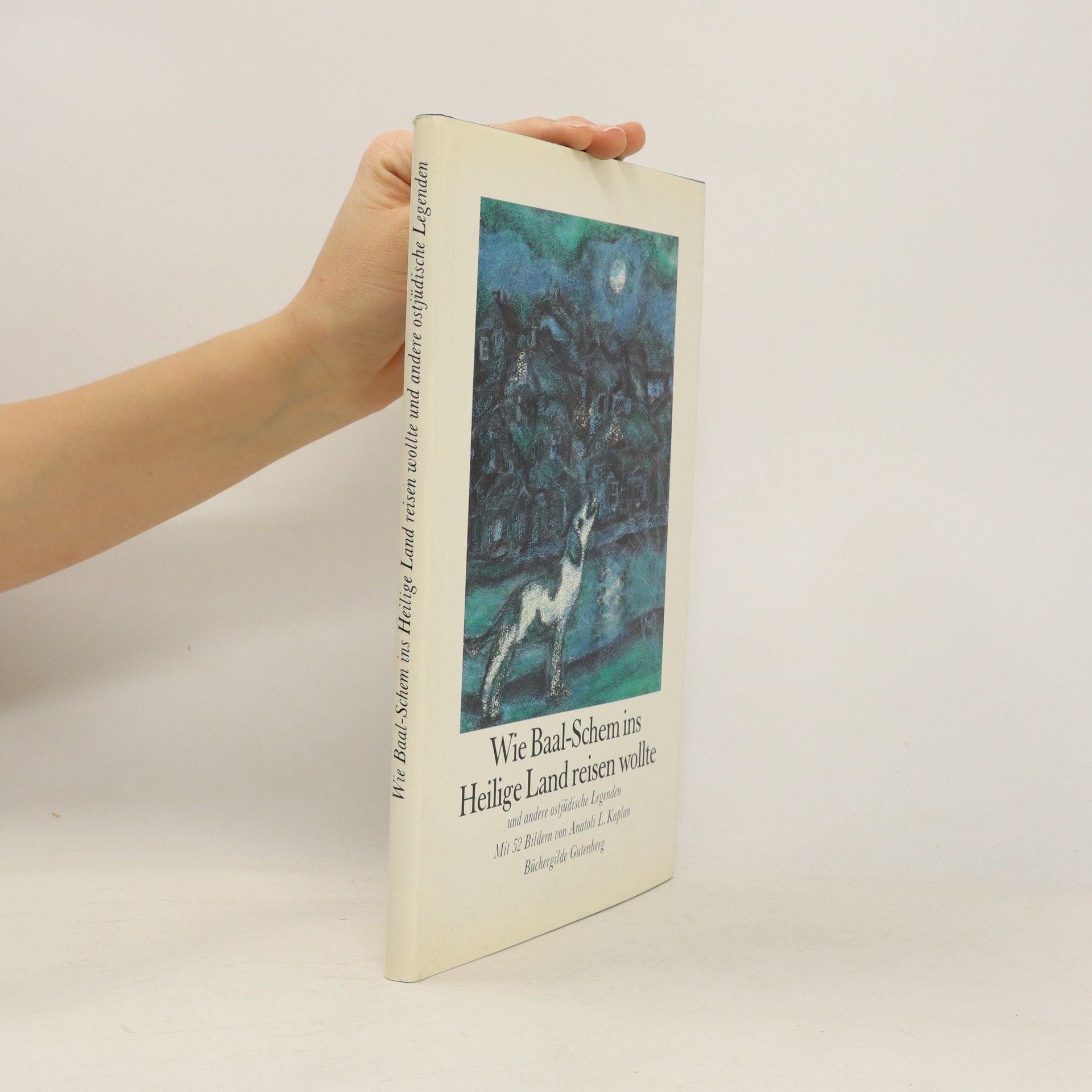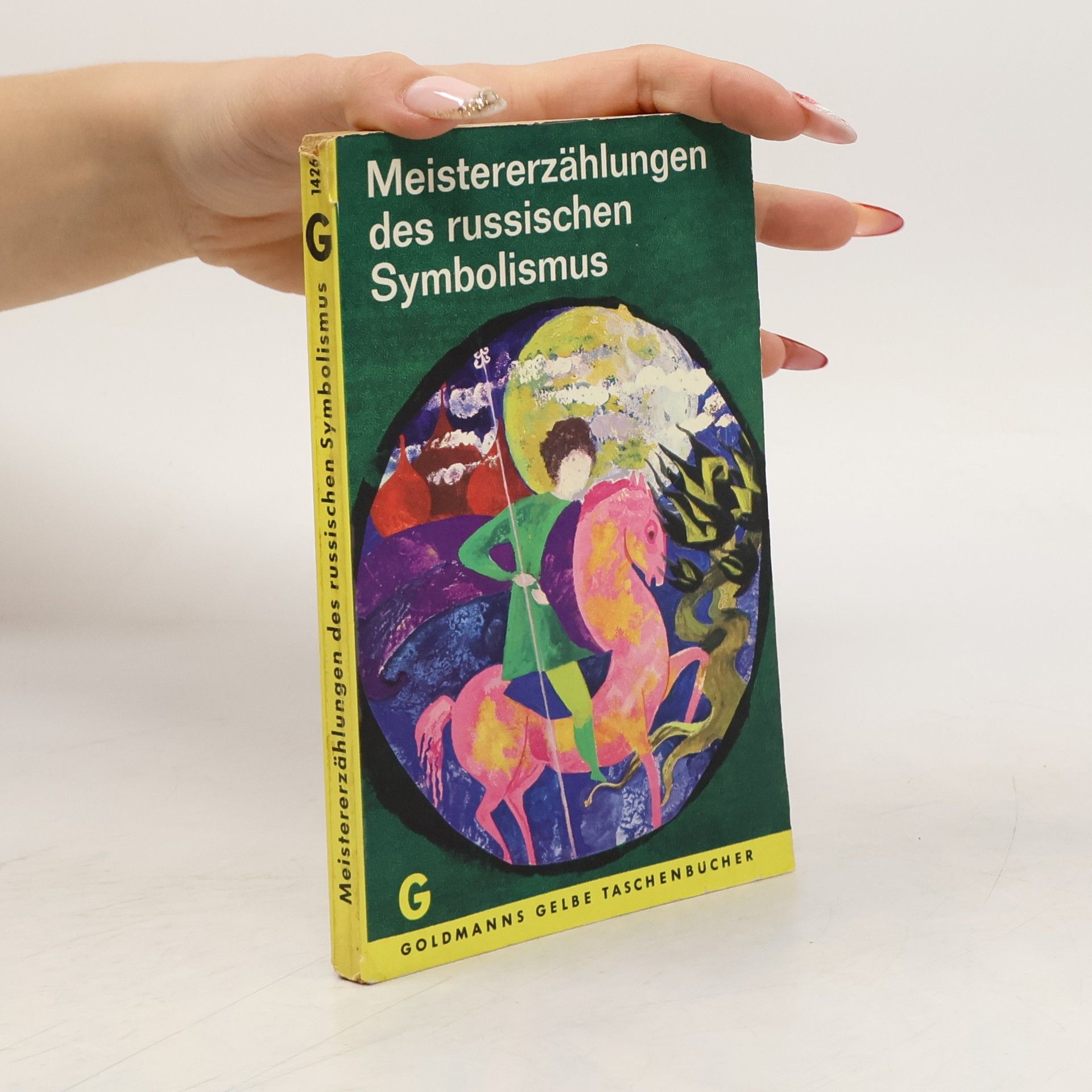Der Übersetzer und Schriftsteller Alexander Eliasberg (1879 – 1924) verließ Russland 1905 und übersiedelte nach Deutschland. Bekannt wurde er durch seine kongenialen Übersetzungen russischer Klassiker, daneben engagierte er sich aber auch für die jüdisch-polnische Erzähltradition. Der vorliegende Band enthält Sagen und märchenhafte Erzählungen aus dem Umfeld des Chassidismus. Reprint der 1916 in München erschienenen Erstausgabe.
Alexander Eliasberg Book order (chronological)
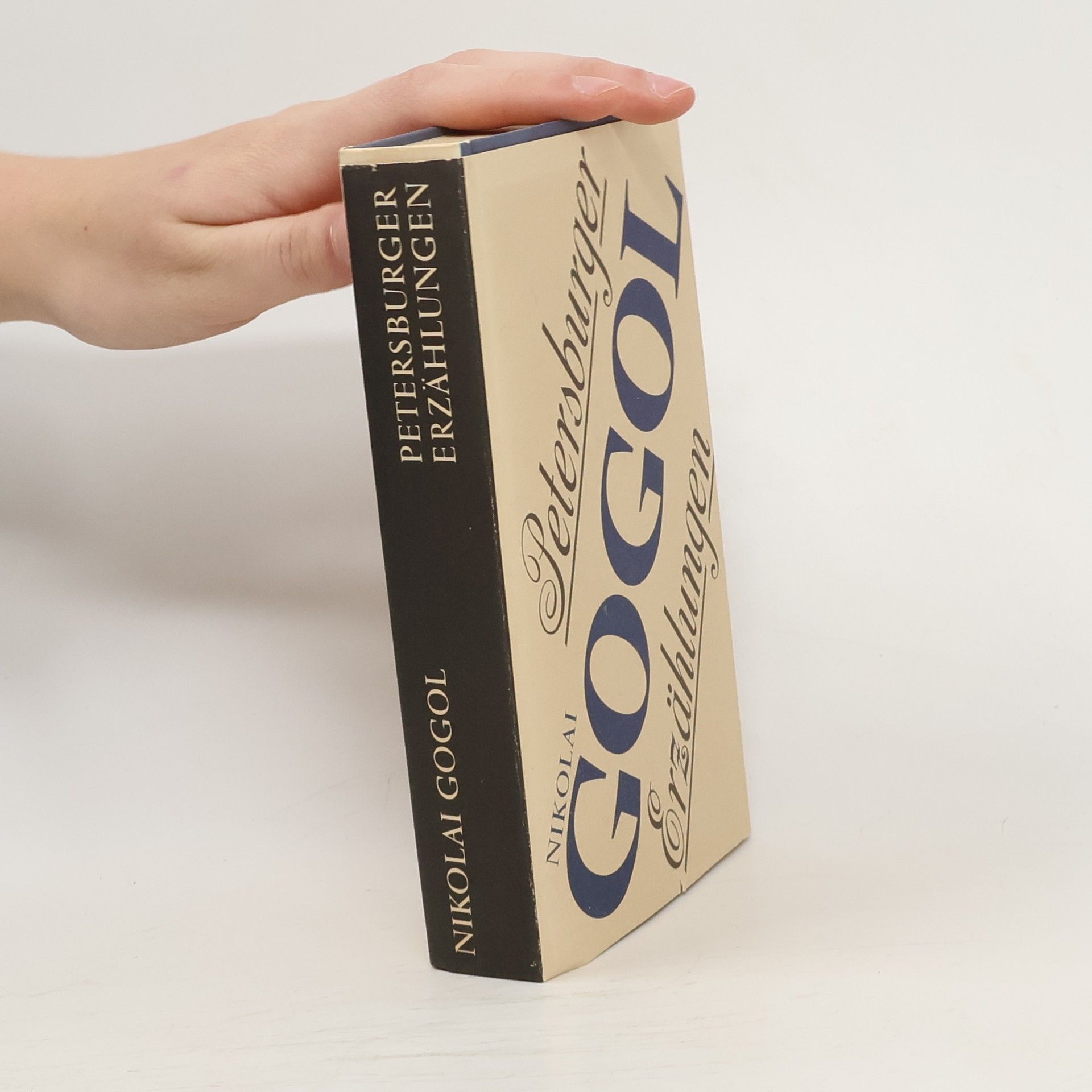

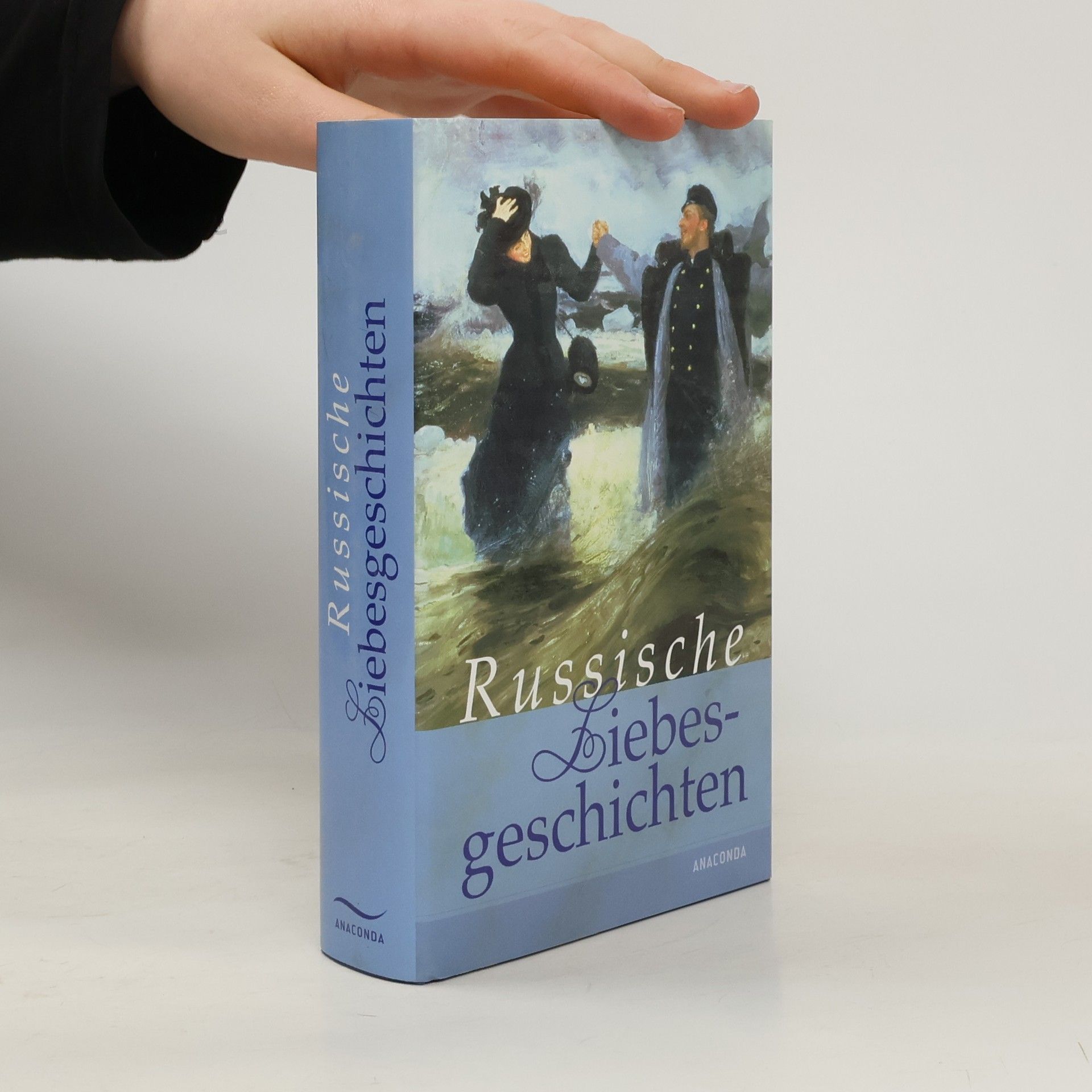
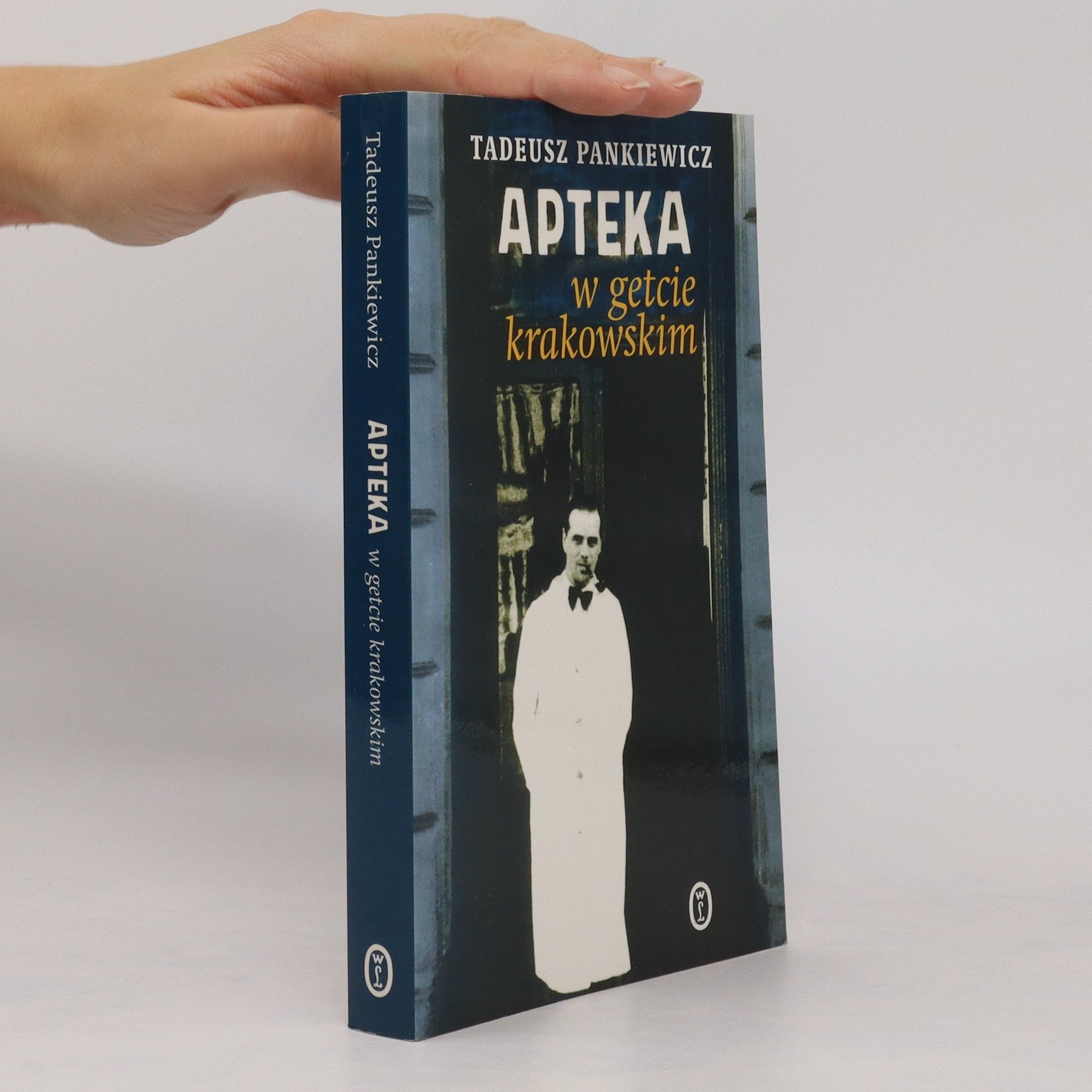

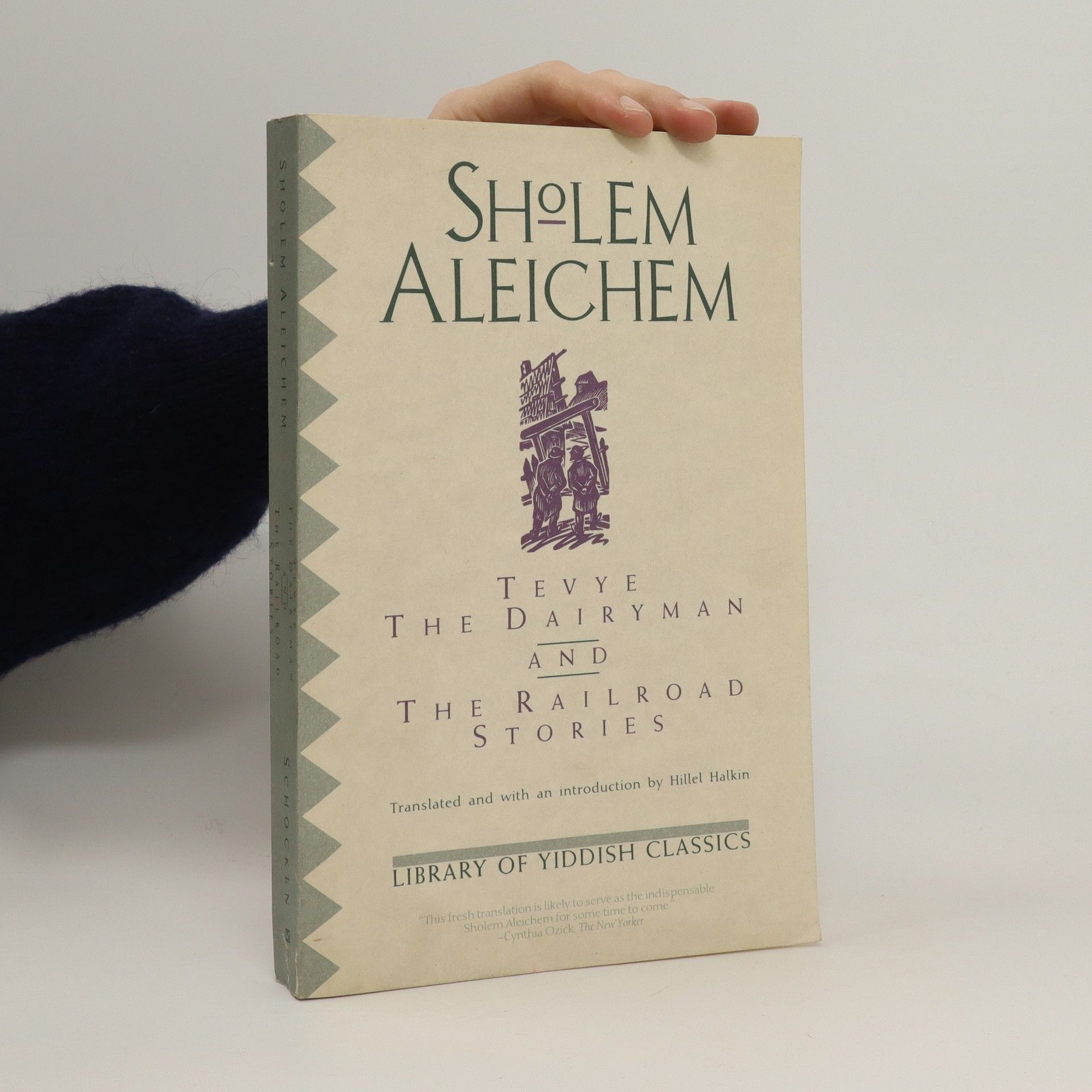
The Lady with the Dog and Other Love Stories
- 160 pages
- 6 hours of reading
Anton Chekhov’s virtuosity with the written word is on full display in these 11 short stories exploring the euphoria and despair of love. Includes "A Misfortune," "Verochka," “The Lady with the Dog,” and more.
Tevye the Dairyman and The Railroad Stories
- 352 pages
- 13 hours of reading
Of all the characters in modern Jewish fiction, the most beloved is Tevye, the compassionate, irrepressible, Bible-quoting dairyman from Anatevka, who has been immortalized in the writings of Sholem Aleichem and in acclaimed and award-winning theatrical and film adaptations. And no Yiddish writer was more beloved than Tevye’s creator, Sholem Rabinovich (1859–1916), the “Jewish Mark Twain,” who wrote under the pen name of Sholem Aleichem. Beautifully translated by Hillel Halkin, here is Sholem Aleichem’s heartwarming and poignant account of Tevye and his daughters, together with the “Railroad Stories,” twenty-one tales that examine human nature and modernity as they are perceived by men and women riding the trains from shtetl to shtetl.
Zbiór opowieści chasydzkich, zebranych i przetłumaczonych na język niemiecki przez Eliasberga, rosyjskiego Żyda, który korzystał przy tym z żydowskich modlitewników i popularnej książki „Kehal chasidim”. Zbiór, wydany po raz pierwszy w 1916 r. w Monachium, był zapewne lekturą Bubera i Scholema.
Russische Liebesgeschichten
- 320 pages
- 12 hours of reading
Glück und Unglück liegen mitunter nah beieinander, bisweilen sogar in der Liebe. Meisterhaft verstehen es die in diesem Band versammelten russischen Erzähler des 19. und 20. Jahrhunderts, die vielgestaltigen Wechselfälle des Lebens und Liebens mit ihren Geschichten in betörende Dichtung zu verwandeln. Vertreten sind folgende Autoren: Alexander Puschkin, Nikolai Gogol, Iwan Turgenjew, Anton Tschechow, Fjodor Sologub, Maxim Gorki und Leonid Andrejew.
